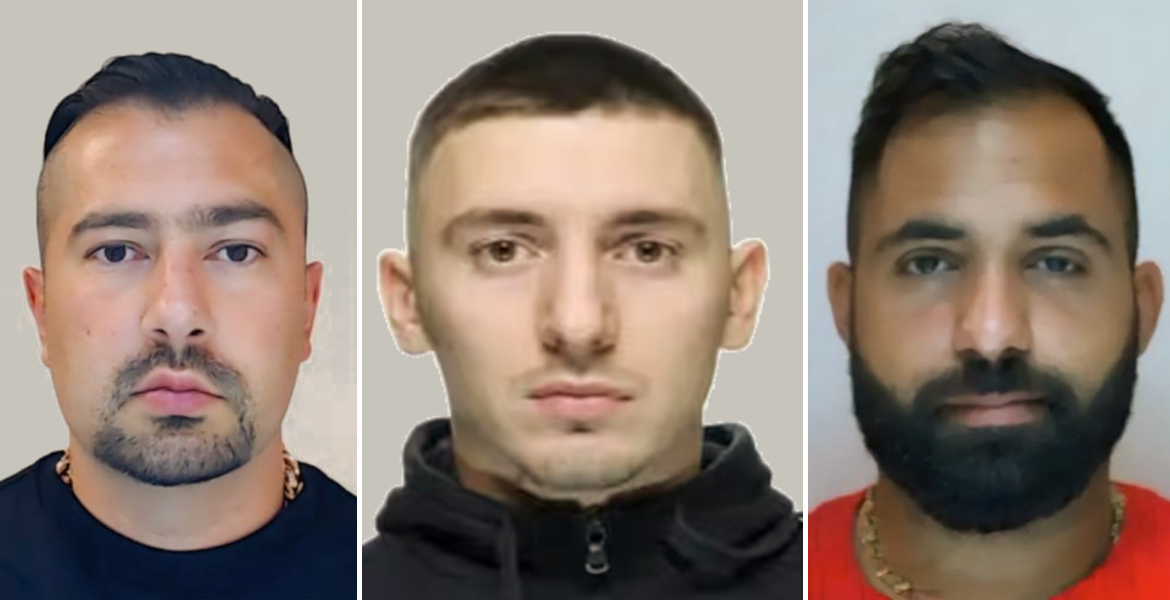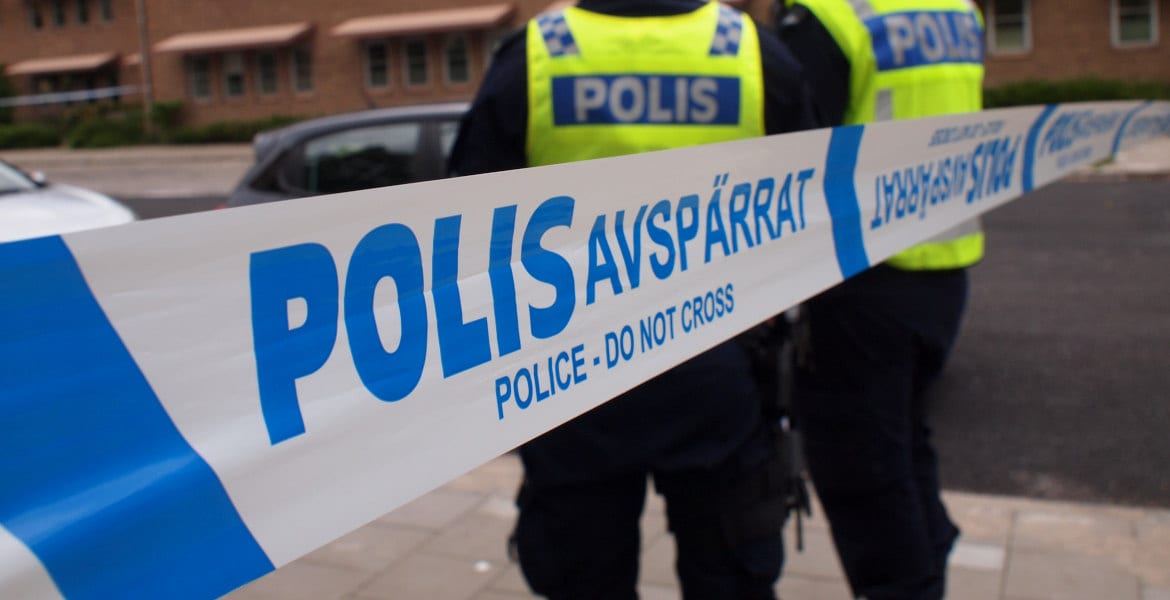There is an acute shortage of places within the Prison and Probation Service – something the Swedish government hopes to solve by renting prison places in other countries. An investigator has now been appointed to examine whether this type of placement is practically viable.
– We must work on several fronts at the same time, said minister of justice Gunnar Strömmer (M) at a press conference on Thursday.
Politicians and the Prison and Probation Service have long warned that there are not enough places to house all prisoners, and existing institutions and remand prisons are currently being expanded across the country – yet the government says this is not enough.
The governing parties and the Sweden Democrats therefore hope to be able to rent prison places in other countries and have launched an investigation to examine whether this is possible, how much it would cost and what practical and organizational problems need to be solved. It will also analyze how to organize the transports, what kind of prisoners can be placed abroad and how to ensure that they are treated in an acceptable and legal way.
Mattias Wahlstedt, permanent secretary and deputy head of department at the Police Legal Department, has been appointed as an investigator and will work on this assignment for 12 months.
Looking in the local area
According to Gunnar Strömmer, it is not currently known which countries Sweden can sign agreements with – but the focus is on the “immediate area”.
– You can think of the Nordic region and Europe, where there is experience with other comparable countries that have rented sites abroad.
The Netherlands is an example of a European country that has received prisoners from other EU countries for a fee, and is one of the options the government will look at more closely.
– Of course there are risks, but I am convinced that it is possible to take care of them in a good way. That is what the investigator will do, and we are open to what the investigator will come up with. Our point is to get to the bottom of these issues, the justice minister continues.
According to Strömmer, Sweden needs to double the number of prison places compared to today.






